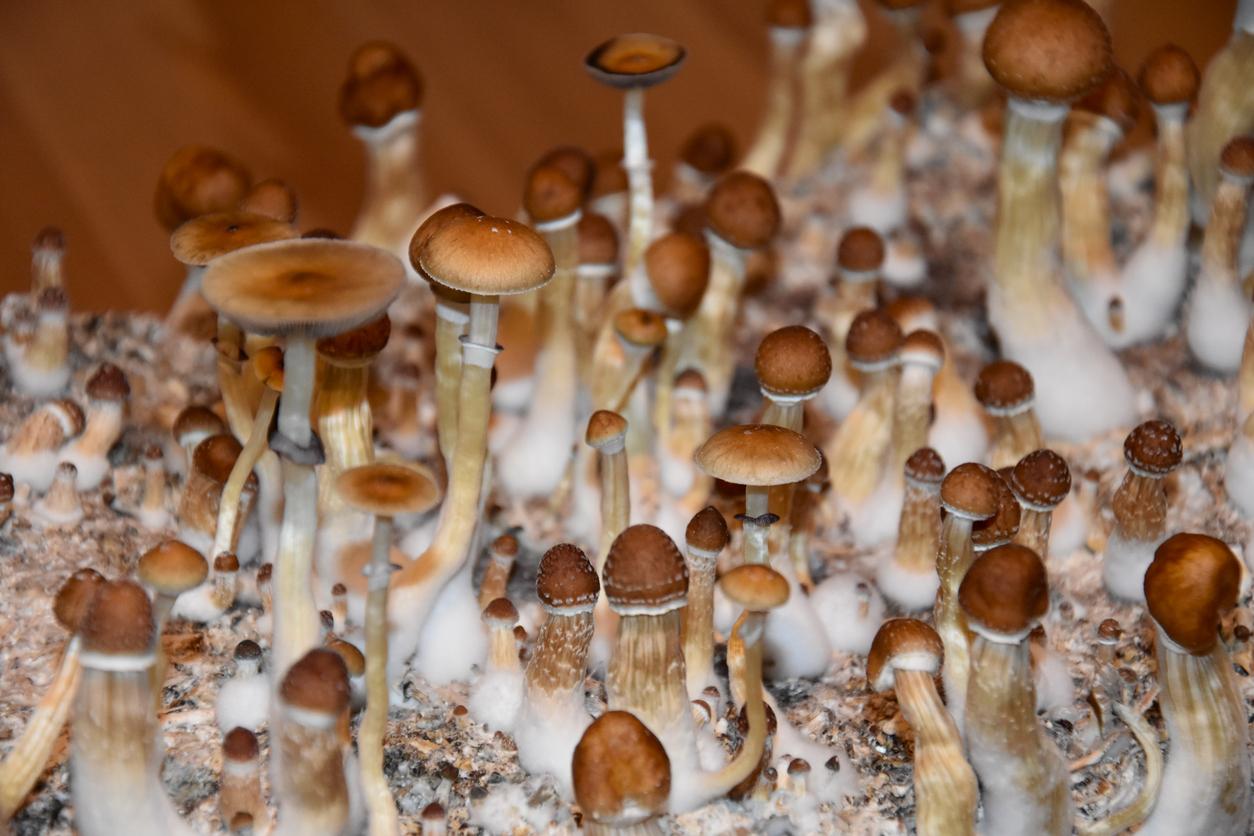A diet high in refined sugars, i.e. white cane sugar, could increase the risk of depression, according to a new American study published in theAmerican Journal of Clinical Nutrition.
To arrive at this unexpected correlation, the researchers looked at the glycemic index and the types of carbohydrates consumed by 70,000 postmenopausal women, from an observational study of women’s health. The participants were followed for 4 years, during which time their state of mental health was measured regularly, as well as all the symptoms attesting to depression (chronic fatigue, mood swings, etc.).
In the end, it turns out that women who frequently consume refined sugars, especially added to industrial dishes (bread, cereals, sodas, etc.), have a greater risk of depression than the others. Conversely, high consumption of dietary fiber, seeds, vegetables and whole grains reduce their risk. For the researchers, these results suggest that the higher the glycemic index of foods, such as in refined sugars, the greater the risk of depression.
If this link remains to be clarified and confirmed, the authors of the study stress the importance of a healthy diet in an attempt to limit the risk of depression at menopause.
It should be noted that in France, sugar refining only takes place to transform brown cane sugar into White sugar. White sugar from sugar beets is unrefined. The latter accounts for more than 90% of the sugar marketed, compared to 4% for refined sugar from sugar cane. But it is white cane sugar that is the most used in industrial products.
Read also :
Children who eat poorly are more prone to depression in adulthood
Infographic: the harmful effects of sugar on health
Eating too much sugar increases the risk of heart attack


















